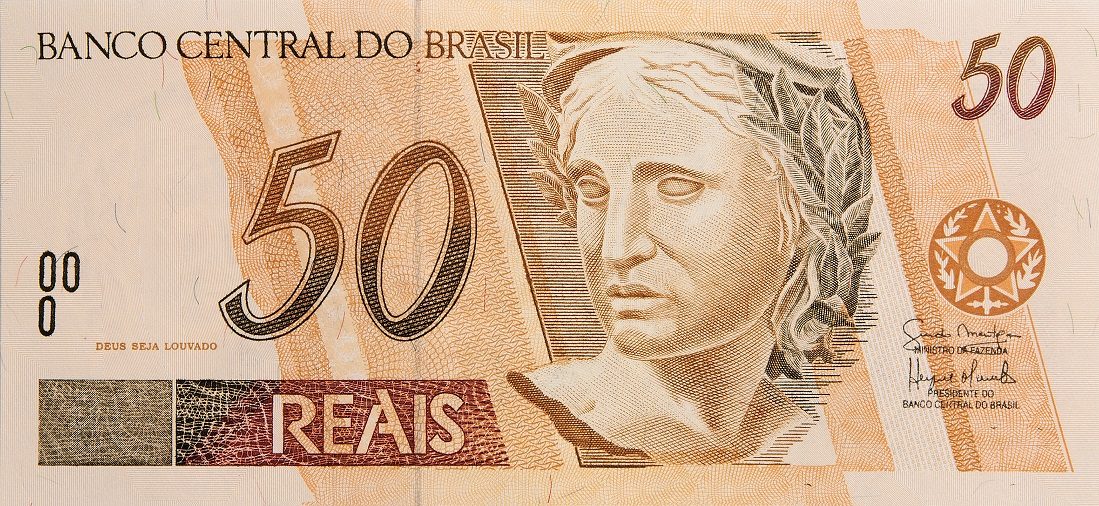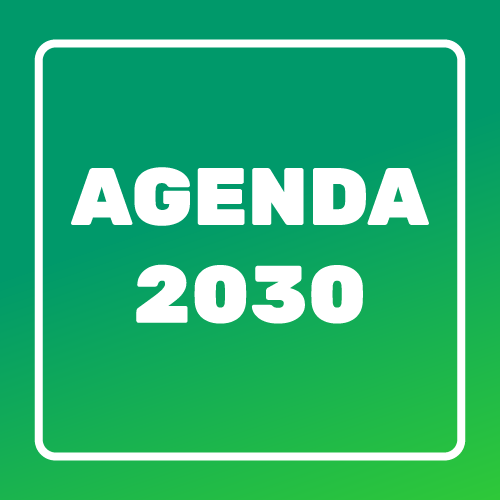Communication is Strategic in the Contemporary Economy
Originally published in the newspaper O Globo, on July 4, 2024
Anyone who still believes that communication should not be viewed as strategic in the contemporary economy should take a closer look at the history of Plano Real (Real Plan in Brazilian Portuguese). Its implementation involved complex steps, such as the creation of a new currency, the Real, and the stabilization of the economy through inflation control. To ensure that the measures were successful, it was essential for the population to understand and trust the plan. Transparency and clarity in communication helped dispel doubts and avoid surprises, facilitating the acceptance of the proposed changes.
This is a common theme in the accounts of various stakeholders: transparent communication of objectives, mechanisms, and stages was indispensable for success. In a recent article in the newspaper O GLOBO, Maria Clara do Prado argues that communication was one of the two major innovations of the plan, alongside the URV (“Unidade real de valor” or real value unit in Brazilian Portuguese). The plan was “carried out transparently” from the very beginning. Before and during its implementation, the economic team used effective communication to explain the reasons and mechanisms behind the reforms. Advertising campaigns, regular interviews, and carefully planned speeches were employed to inform and engage the population. In a video shown at the 30th anniversary event of the Real Plan at the FHC Foundation, we see former Brazilian president, Fernando Henrique Cardoso, then Minister of Finance, explaining the URV on Silvio Santos’ show (one of the most popular TV shows in Brazil at the time) – after having been briefed on how to make his message more relatable by the famous Brazilian television communicator.
After the implementation of the Real, communication continued to be a vital component in managing monetary policy. In 1999, with the adoption of an inflation-targeting framework, the Brazilian central bank (BC in the Brazilian Portuguese acronym) established a monetary policy framework with communication as one of its fundamental pillars. In addition to the official announcement of the target, the BC commits to issuing statements and minutes after each Copom (“Comitê de Política Monetária” or Monetary Policy Council in the Brazilian portuguese acronym, responsible for setting benchmark interest rate for the economy) meeting, as well as bulletins, reports, and surveys from its team. The president of the BC can be summoned by Congress and, in the event of a failure to meet the target, is required to write an open letter to the Minister of Finance. Alongside official instruments, press interviews with Copom members are also common. Transparency has been and remains crucial for anchoring economic agents’ expectations, reducing uncertainties, and increasing confidence in the currency.
BC’s effective communication also helps stabilize financial markets. By providing clear guidance on the future direction of monetary policy, BC can influence inflation expectations and long-term interest rates, creating a more predictable environment for private investments.
However, in the realm of communication, caution is essential, and any misstep by the monetary authority can have unintended consequences. The most important point is one raised by Pérsio Arida, Brazilian economist and former president of the Central Bank of Brazil, on several occasions: monetary stability is a democratic requirement. In this context, transparent communication is an indispensable pillar for ensuring the legitimacy of decisions made by an unelected technical body—and one of the main remedies against potential errors by this body as well as against demagogic incursions into monetary management.
The success of Brazil’s fight against inflation over the past three decades is also a story about the strategic role of communication in managing public goods. It offers lessons for communicators and leaders across all sectors of the economy.
Destaques
- Theme of the Year “Communication for Transition” Renewed for 2025
- Web Summit Lisbon 2024: Innovation and Ethics in a Future Shaped by AI
- Global Alliance Launches Recognition Program for Young Communicators
- Alejandro Cornejo Montibeller Joins the Latin American Regional Council of the Global Alliance
- LiderCom Meeting Discusses International Expectations for COP30
ARTIGOS E COLUNAS
Hamilton dos Santos Mundo vive tempos de ciúme comercialLuis Alcubierre O viés de confirmação interpretativaCarlos Parente As sutilezas no ofício da comunicação, para não ofuscar o Rei SolPaulo Nassar Anna ChalaPatricia Marins Meta e o fim da checagem de fatos: por que a Dieta da Comunicação é essencial para a gestão da reputação em 2025


































